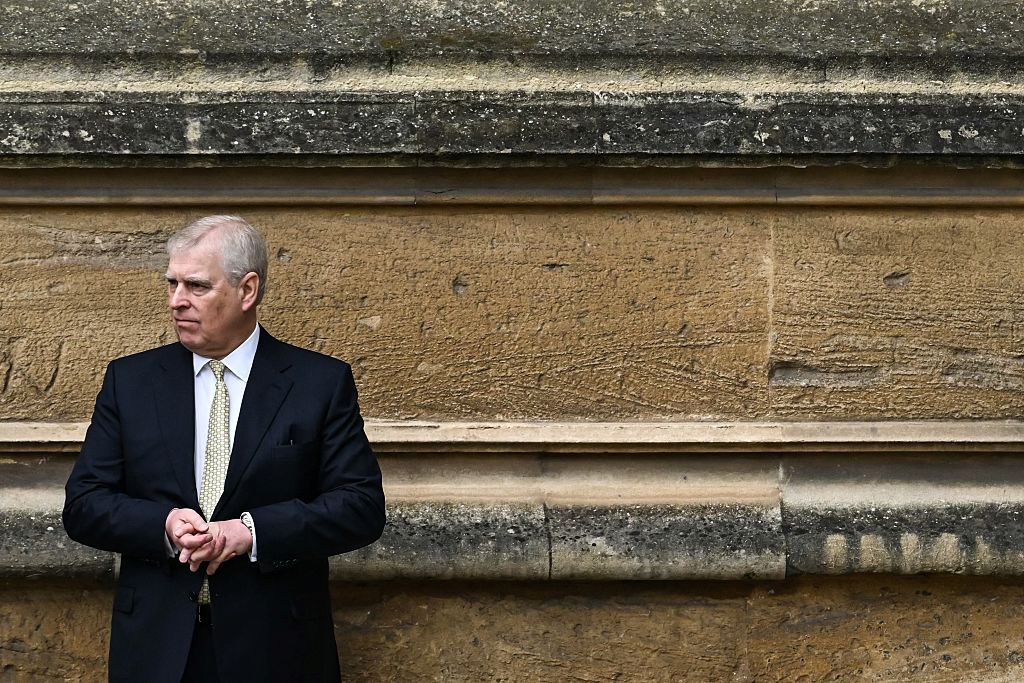Everyone wants to be an influencer. Even for hobbyists like me there’s a strangely addictive quality to the upward crawl of the follower count on the three big beasts: Instagram, Twitter and Facebook. Now, influencers have their eye on a fourth.
Clubhouse is a new, invite-only social network beloved by the likes of Elon Musk and Mark Zuckerberg. The format is similar to an old-school chat room, but all the rooms are packed full of ‘influencers’ (mostly small-time) where you can listen to and comment on each other’s audio files. Packed full of love-heart ❤️ and thanks 🙏 emojis, it’s definitely a nice place to hang out. Expect to hear the word ‘community’ a lot, and much talk of ‘kindness’.
Clubhouse made a promising start, especially in China. Since its audio files are not recorded, it affords an element of privacy absent from other social networks. Chinese users had been signing up in their droves to discuss domestically taboo subjects like Hong Kong, the unification of Taiwan and China and the treatment of the Uighur ethnic group. But on Monday the BBC reported that it had been taken offline across the country — no surprise in an already deeply censorious online environment.
Western users too have been finding benefits, albeit of a more self-promotional kind. LinkedIn was once a respectable business networking platform which has degraded over the last 10 years into long rambles about ‘how to be a great leader’ (short version: high-five your team a lot and never, ever tell anyone what to do). So, it was a breath of fresh air to join a chatroom on Clubhouse and listen to like-minded entrepreneurs sharing their stories.
But even if Clubhouse does have potential as a hub for serious discussion, Western users are largely missing it. It mostly felt like a forum for influencers to meet other influencers — which for some people, will sound like Dante’s ninth circle of hell. It doesn’t strike me that Clubhouse is a great place to discover new opinions and fresh points of view; instead it’s yet another echo chamber for people who will already universally agree with one other to do just that — meet up, chat and agree.
And agree they do — I joined three chatrooms, all of which were packed full of folk praising and agreeing with each other, regardless of what they were discussing. In this way, it felt like a nice version of Twitter: a place where your opinions will be heard but never challenged. I listened to a Love Island influencer talking about balancing their ‘social responsibility challenge’ with ‘being paid for growing my brand’ — all while jetting off to Dubai in the middle of a global pandemic. The general feedback in the room was 🎉 👌 🙌
Some of the chatrooms, meanwhile, descended into a heady fog of incomprehensible acronyms: on joining the session ‘Will Gen Z be the next XR generation?’, I felt like I needed to ask a simpler question — what does the title of this chatroom mean?
If nothing else, it was a pleasant place to go and hang out with people who give off only positive vibes. And perhaps the seeming inauthenticity of Clubhouse isn’t the point. In a world where your follower count seems to matter more than anything else, Clubhouse really is the next logical step. I might even have to get broadcasting on there myself.
This article was originally published on Spectator Life.

























